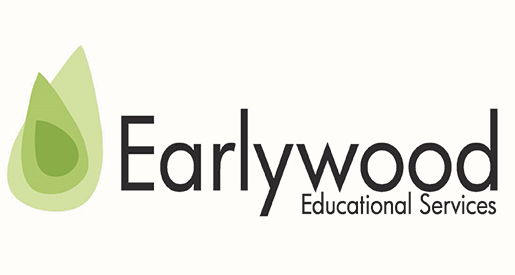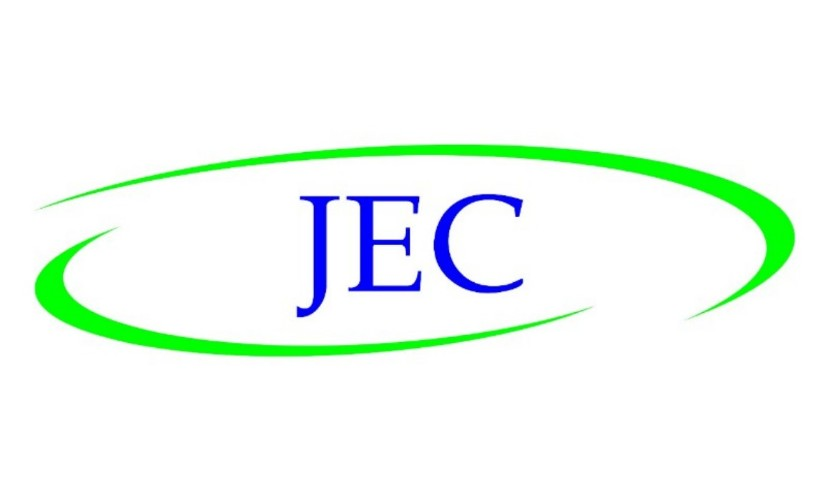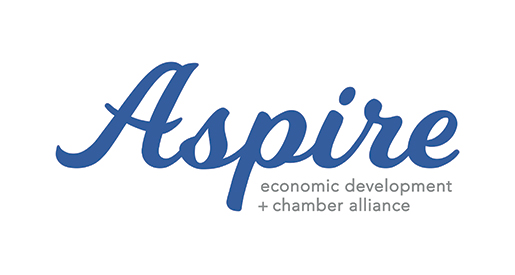National Disability Employment Awareness Month Helps Employers See Value of Disability Inclusion in October and Year Round

This October will mark the 77th anniversary of National Disability Employment Awareness Month or NDEAM. People with disabilities make up a considerable portion of the workforce and this month recognizes their needs and contributions to workplaces across the country.
NDEAM’s significance stems from the fact that it has pushed a lot of companies to see the value of including disability awareness in their business models.
“People with disabilities have made significant contributions in our workforce. NDEAM allows us to shine a spotlight on these impacts, highlight education on disabilities inclusion, and eliminate stigmas related to hiring people with disabilities,” said Angela Vandersteen, Vice President of Investor Development and Relations at Aspire.
“As a person with a disability myself, and mother of three children with disabilities, I am very proud of the programming and partnerships Aspire has formed to support disability inclusion,” said Vandersteen, “and how the Johnson County community is embracing this.”
This month provides employers the opportunity to create training programs to integrate disability awareness into daily operations at their organizations.

“I have been in the field of disability employment since I was 18,” said James Emmett, founder and CEO of James Emmett and Company, an organization that specializes in disability inclusion in employment.
“We have 30-35 people around the globe working with employers on disability inclusion. Our work in disability inclusion is defined as business-owned disability efforts. We work with businesses to develop their own strategies and programs.”
The tight labor market makes disability inclusion in the workplace a valuable business strategy, as people with disabilities are an underutilized demographic.
“The business case for disability inclusion is retention. The turnover statistics for folks with disabilities compared to folks without are staggering,” said Emmett.
“People with disabilities tend to stick with their employers. They are brand loyal employees, and they don’t turnover as much as the rest of the population.”
Disability inclusion is a human resource tool for employers to improve worker relations and conditions. Its benefits affect workers without disabilities as well.
“When you create a disability-inclusive environment you are creating an environment for all people to succeed. There is more structure and feedback. Inclusive workplace cultures are more productive cultures,” said Emmett.
“Because people in the disability community are usually overcoming barriers every day, they become valuable members of the team to help overcome problems the business may be facing.”
Aspire has formed a partnership with disability employment experts at James Emmett and Company (JEC) and Earlywood Educational Services under the Indiana Department of Education’s 3E Grant to strengthen the school to work pipeline for young people with disabilities.
“Employers should recognize that students are the future of the workforce. So, it is especially important to start interacting with students with disabilities early on and getting involved with schools so that they see the talent, but also hear their stories,” said Emmett.

Using online training webinars, the partnership intends to make employers more aware and inclusive for a new generation of workers with disabilities.
“Students with disabilities typically don’t have the same job opportunities as students without, and so it is critical for businesses to recognize this and engage with these students. Connecting employers and students with disabilities is beneficial for both sides.”
Emmett has found in his work that dispelling many of the common misconceptions held about employing people with disabilities is critical to creating inclusive work environments.
“When we go into new companies that haven’t considered disability inclusion before, we usually get asked, ‘will they get hurt working here?’ The data shows that this is a misconception,” said Emmett.
“Another misconception is that people with disabilities can’t get fired because of the Americans with Disabilities Act. They think that not hiring people with disabilities is risk-avoidant. In reality, pushing people with disabilities out of their jobs is what gets them sued, not embracing them.”
Disability awareness is not a new program to simply serve and accommodate a small, niche group of people. Disabilities are everywhere, and the efforts to support and include people with them benefit everyone.
“Two out of five people in this country will go through a disabling condition, like a long-term physical injury or mental health issues. People with disabilities are not a small group anymore. It is important for businesses to realize this because not only do they make up a significant portion of the labor market, but they are also an incredibly powerful customer market,” said Emmett.
“When I talk to businesses the thing that always surprises them is that statistic from the US Census that 25% of Americans have a disability. There is a good chance that employers already have people with disabilities on their staff.”
The challenge, however, is getting companies to celebrate and continue their disability efforts all year round, not just October. Aspire plans to keep spreading awareness through the business community.
To learn how you can create a disability inclusion strategy for your employees, contact Jennifer Hollingshead at jhollingshead@aspirejohnsoncounty.com, call 317.888.4856 or visit jamesemmettandcompany.com.
